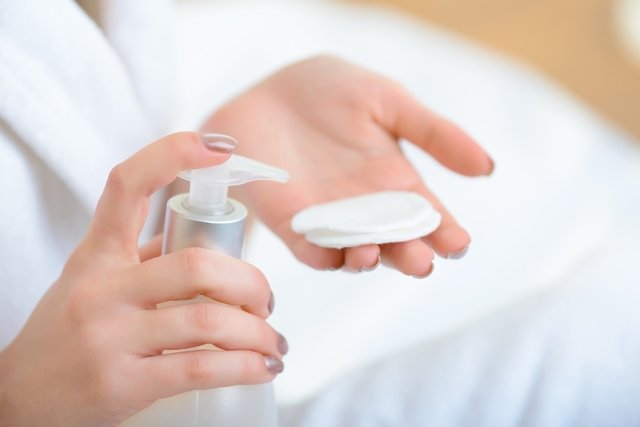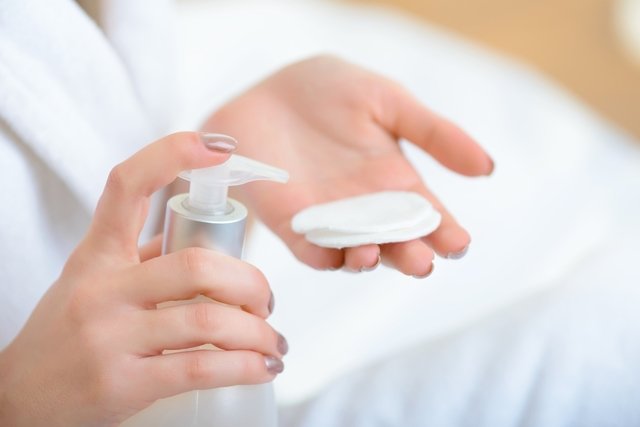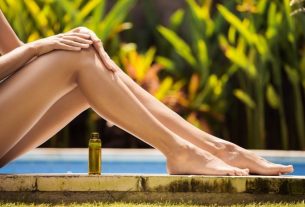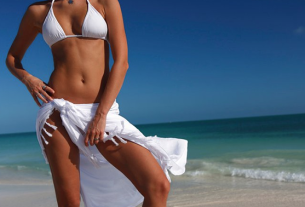Rose milk on the face is popularly used to dry pimples, soften skin blemishes or even as a make-up remover, as it has antiseptic, antibacterial and astringent properties, which help to cleanse the skin.
This is because rose milk has substances in its composition such as alcohol, zinc oxide, benzalkonium chloride, sorbitol and chlorhexidine digluconate, which give it its properties for use on the skin.
However, the use of rose milk on the face is controversial and is discouraged by most dermatologists, as it can cause dry skin or disrupt the bacterial flora, and result in skin irritation or even allergies.

What is it for
Rose milk on the face is indicated for:
- Moisturize the skin;
- Reduce skin oiliness;
- Combat pimples;
- Remove recent blemishes from the skin.
Furthermore, rose milk on the face is popularly used as a makeup remover, to cleanse the skin after using makeup.
Why is using rose milk on your face not recommended?
The use of rose milk on the face is not recommended by most dermatologists, as it contains alcohol in its composition, which leads to dehydration of the skin, increasing its dryness, in addition to being able to accelerate the appearance of wrinkles.
Furthermore, the other substances present in rose milk can cause an imbalance in the natural flora of the facial skin, increasing the risk of irritation or allergies.
How to use rose milk on your face
If the person decides to use rose milk on their face to get rid of pimples, they should wet 1 cotton ball with a little rose milk and apply it over the entire face and other areas with pimples, allowing it to dry freely.
This process can be repeated up to twice a day, it is important to protect the skin with sunscreen and avoid being exposed to the sun to avoid staining the skin.
Strategies to eliminate pimples
Controlling skin oil is one of the secrets to controlling acne and drying out pimples, which is why it is recommended:
- Wash your face with warm water and neutral soap2 times a day, and then dry with a clean, dry towel;
- Avoid squeezing pimplesas it can spread the infection and make treatment more difficult;
- Avoid putting on makeup at the site of the pimple;
- Keep skin hydratedusing a non-greasy moisturizing cream;
- Apply non-greasy sunscreenwith at least SPF 30, even on cloudy days.
In addition, it may be recommended to undergo a deep skin cleansing, which can be done at home or at a beautician, to remove blackheads and keep the skin healthy, clean and hydrated. See how to deep clean at home.
In more serious cases, when a person has severe acne, with many pimples, pustules and inflamed areas that cover most of the face, the dermatologist may recommend the use of ointments or pills to completely eliminate acne. Check out the main acne remedies.
Also see which foods are best for drying out pimples and leaving you with clean skin without blemishes or scars:

Sign up for our newsletter and stay up to date with exclusive news
that can transform your routine!
Warning: Undefined array key "title" in /home/storelat/public_html/wp-content/plugins/link-whisper-premium/templates/frontend/related-posts.php on line 12
Warning: Undefined array key "title_tag" in /home/storelat/public_html/wp-content/plugins/link-whisper-premium/templates/frontend/related-posts.php on line 13





